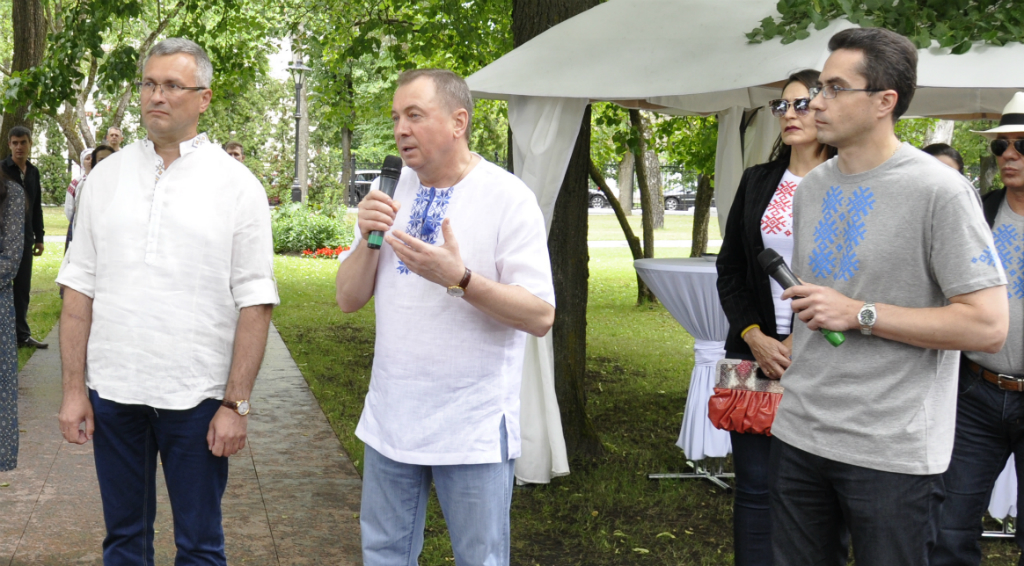Minsk requires new “commodity” for bargaining with West
 The situation has not changed
The situation has not changed

It becomes increasingly difficult for Minsk to use regional security issues as a trade-off in negotiations with both, the West and Moscow. Circumstances are prompting the Belarusian authorities to change the main subject in the dialogue with the EU and the US.
Over the past three years, Minsk has successfully used its detachment from the Moscow’s aggressive policy in political negotiations with the West. However, the situation is changing and the EU, the US and Ukraine want concrete steps from the Belarusian authorities, rather than assurances.
Harsh statements by the Ukrainian Ambassador to Belarus regarding the West-2017 Russo-Belarusian military exercise and the Slavic Brotherhood Russo-Serbian-Belarusian exercise represent not only the Kyiv’s stance but also the EU and the US expectations. They want concrete steps from Minsk, which would demonstrate its openness and bona fides in respect of regional security matters, as soon as possible. For instance, European states have warned the Belarusian authorities against the participation of the Russian units, which took part in events in Ukraine or were deployed in the occupied territories, in the July 3rd parade in Minsk. NATO (and Ukraine) expect full transparency of the West-2017 exercise. Certainly, it is up to the Belarusian authorities to decide, however a poor decision would unequivocally lead to political consequences.
That said, by making advances to the West, Minsk could prompt a tough response in Moscow, relations with which have tangled over the past three years. Simultaneously, regional security issues have been Belarus’ bargaining chip in negotiations with both, the Kremlin and the West. The difference is that security issues are among the most important for the West, while for the Kremlin they have the outmost importance.
‘Security trading’ is coming to an end for Minsk. The West and Ukraine expect Belarus to take action, which could provoke a new crisis in Russo-Belarusian relations. In the given circumstances, the Belarusian authorities require a new “commodity” for bargaining with the West. For instance, an equivalent replacement could be the limited liberalisation of the political regime in Belarus, improvement of the environment for the independent media, NGOs and political opposition. The scope of such liberalization would be very limited, only to permit Minsk to continue the dialogue with the West for some time.
Subscribe to our newsletter




Situation in Belarus
Constitutional referendum: main consequences


 Video
Video
How to count the political prisoners: are the new criteria needed?


 Video
Video
Paternalism In Decline, Belarusian Euroscepticism, And The Influence Of Russia


 Video
Video












